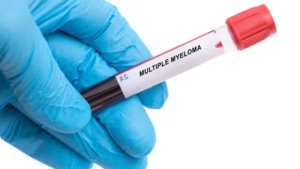
Quest launches flow cytometry MRD test for myeloma
Quest expects the new blood test will support response monitoring in clinical trials.

Quest expects the new blood test will support response monitoring in clinical trials.
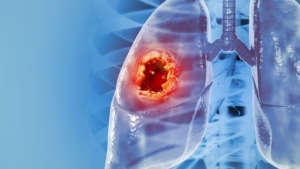
RevealDX’s software analyses CT scans and assigns lung nodules with a Malignancy Similarity Index score to aid in lung cancer diagnosis.
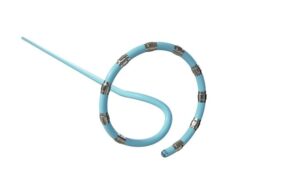
Johnson & Johnson MedTech (NYSE: JNJ)+
today announced the full commercial release of its NuVision Nav ultrasound catheter.

A research team led by La Trobe University has developed a single-use test strip that could ultimately change how diseases like cancer are diagnosed. The research used enzymes to boost an electrical signal to detect disease-indicative molecules, also known as microRNAs.
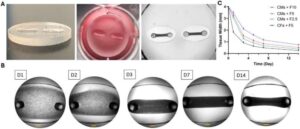
Scientists at Université de Montréal and its affiliated Centre de recherche Azrieli du CHU Sainte-Justine have made a major advance in their research into cardiovascular disease: They’ve created functional, three-dimensional heart tissue that can beat autonomously in vitro.
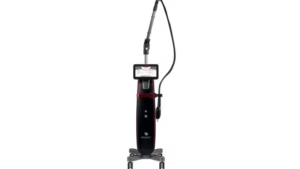
The Mosaic 3D device incorporates several features designed to enhance safety and patient comfort.

GE HealthCare (Nasdaq: GEHC)+
announced today that it received FDA 510(k) clearance and CE mark for its Allia Moveo platform.
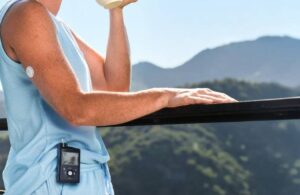
Medtronic (NYSE: MDT)+
today announced three U.S. milestones expanding access to its MiniMed 780G automated insulin delivery system.
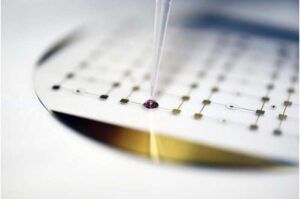
Technology created at the University of Queensland could improve the odds of surviving brain cancer and change how we treat a range of neurological conditions.
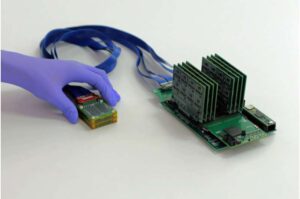
For people who are at high risk of developing breast cancer, frequent screenings with ultrasound can help detect tumors early.